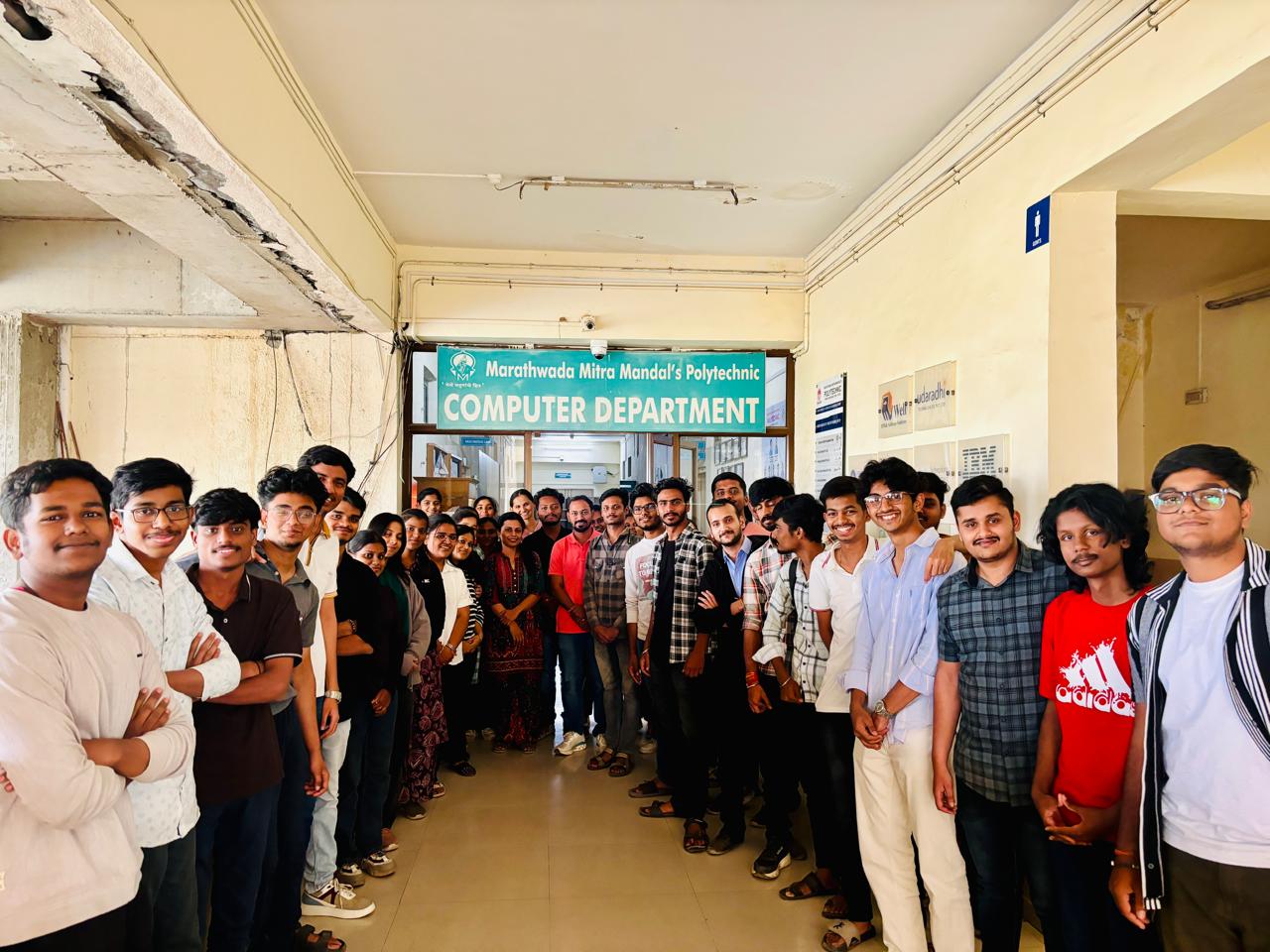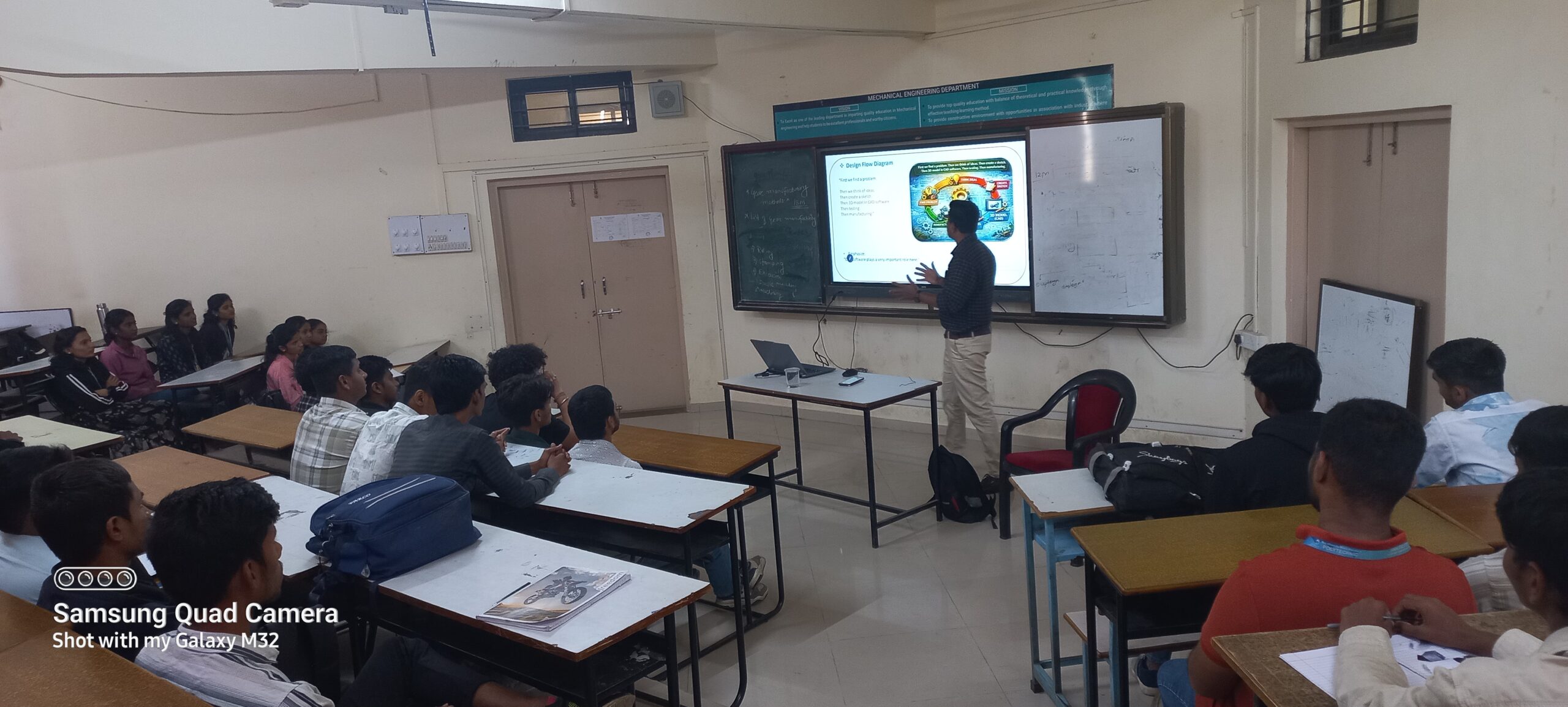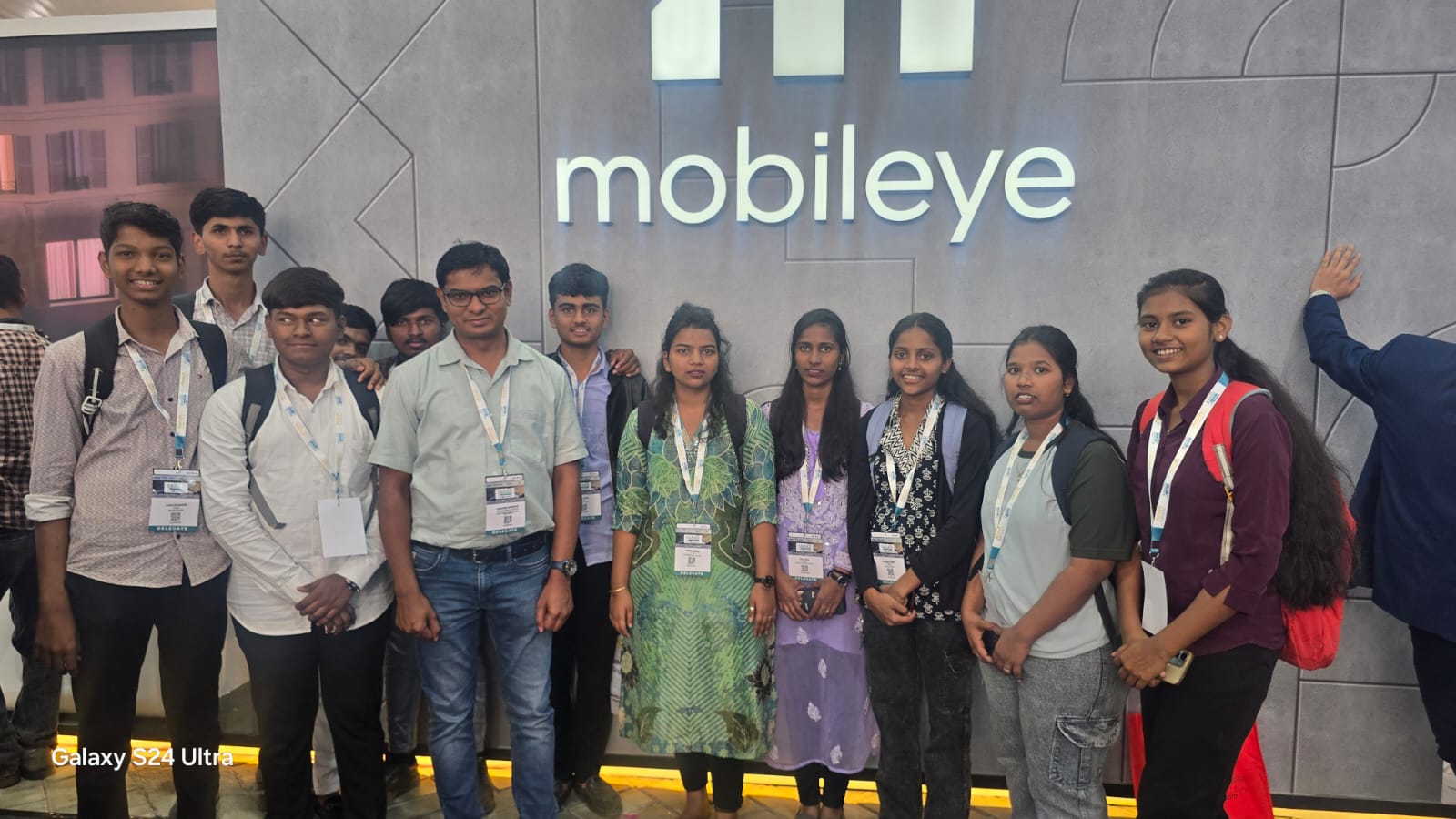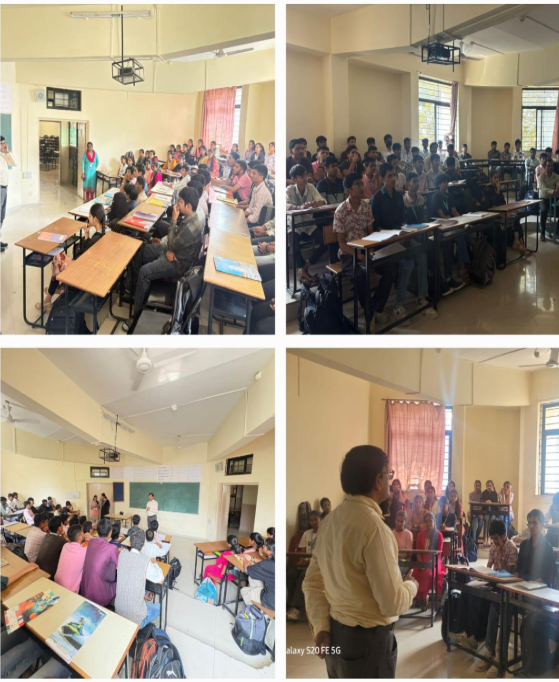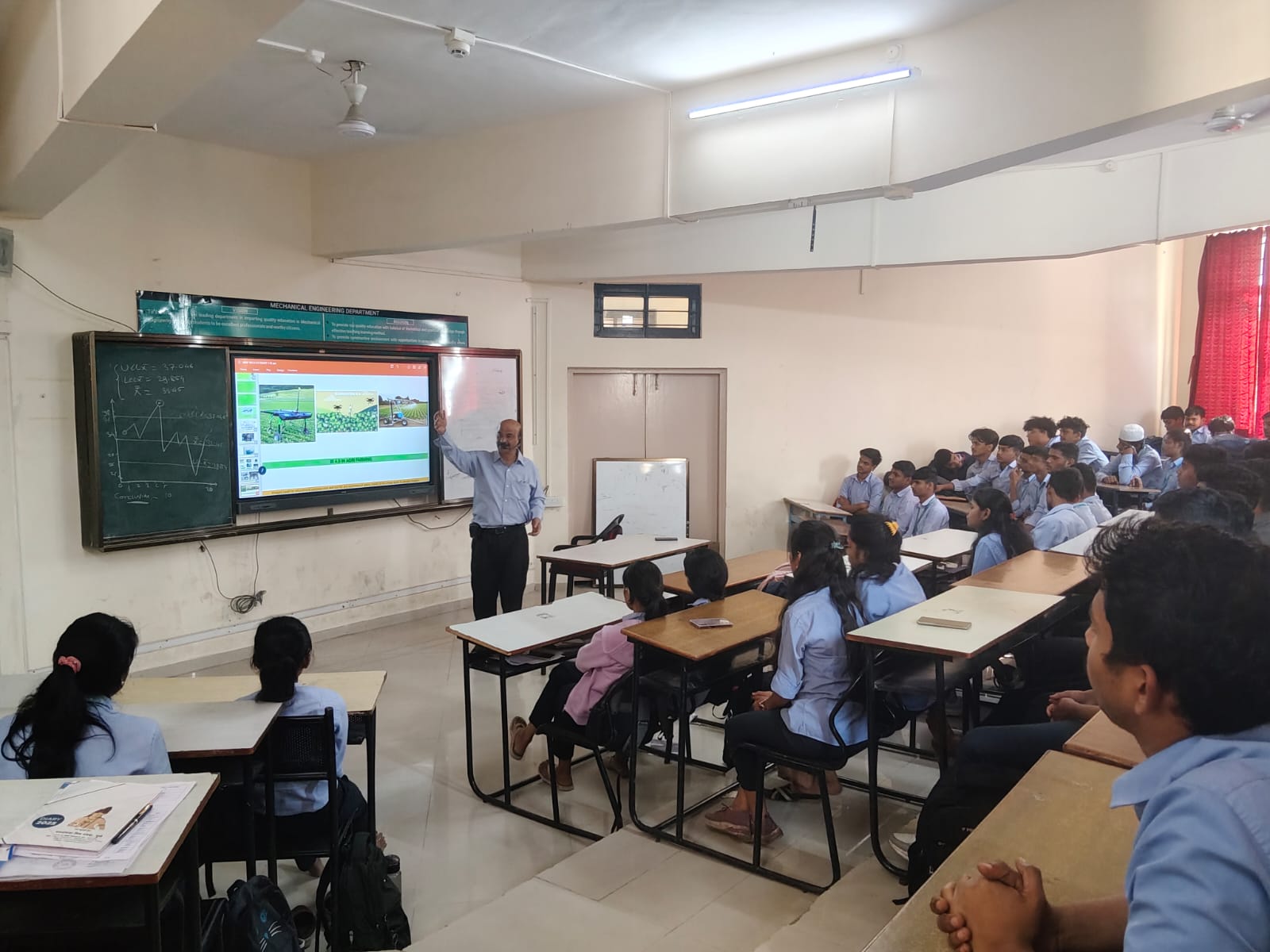This blog post dives into the exciting world of automation in manufacturing and explores how Artificial Intelligence (AI) and robotics are pushing boundaries and revolutionizing production processes.
We’ll examine the benefits, potential challenges, and the transformative impact this fusion of technologies is having on the future of manufacturing.
The Rise of Automation in Manufacturing
For decades, automation has played a crucial role in optimizing and streamlining manufacturing processes. From automated assembly lines to industrial robots, manufacturers have continuously sought ways to improve efficiency, reduce costs, and enhance product quality.
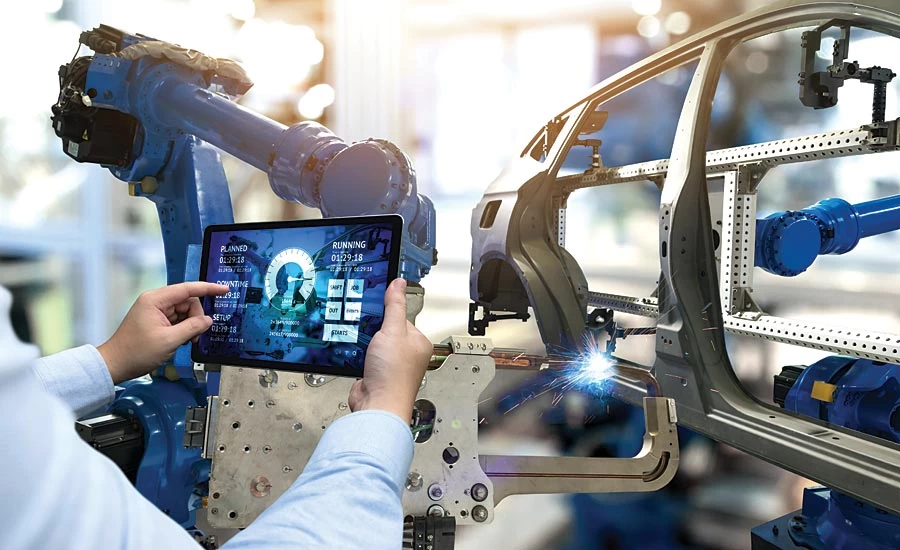
The Rise of Industrial Robotics
Industrial robots have become a cornerstone of automation in manufacturing. These versatile machines perform repetitive tasks with precision and speed, consistently exceeding human capabilities in tasks like welding, painting, and material handling. Their increasing affordability and adaptability have further fueled their widespread adoption across diverse industries.
The Integration of Artificial Intelligence
The recent surge in AI advancements is taking automation to a whole new level. By integrating AI algorithms with industrial robots, we’re witnessing the emergence of intelligent automation systems. These systems possess the ability to learn, adapt, and make real-time decisions, significantly impacting manufacturing processes.
The Future of Automation in Manufacturing
The future of automation in manufacturing paints a picture of intelligent factories where AI and robots work seamlessly alongside humans. AI will empower robots with even greater capabilities, such as predictive maintenance, self-learning, and real-time process optimization.
Benefits of AI-powered Automation in Manufacturing:
- Enhanced Productivity & Efficiency: AI systems can optimize workflows, predict equipment failures, and schedule maintenance proactively, minimizing downtime and maximizing production output.
- Improved Quality Control: AI-powered vision systems can inspect products with unparalleled precision, ensuring consistent quality and reducing defects.
- Increased Worker Safety: Intelligent robots can handle dangerous tasks, reducing risks to human workers and enabling collaboration between humans and machines.
- Greater Flexibility & Agility: AI algorithms can adapt production processes to accommodate variations in demand or product specifications, enhancing overall flexibility.
- Data-Driven Decision Making: AI systems collect and analyze vast amounts of data, providing manufacturers with valuable insights to optimize production processes and make informed decisions.
- Challenges and Considerations:
Initial Investment Costs: Implementing AI and advanced robotic systems can involve significant upfront costs. However, the long-term benefits in terms of productivity and efficiency typically compensate for these costs. - Reskilling and Workforce Transition: The integration of AI may necessitate reskilling existing workforce to adapt to new technologies and collaboration with intelligent systems.
- Ethical Considerations & Job Displacement: Concerns regarding potential job displacement due to automation need to be addressed. The focus should shift towards developing new skills and fostering human-machine collaboration.

Copyfish
The desktop screen capture helper is not yet installed. This free helper app is required as the browser extension alone can not take desktop screenshots.
x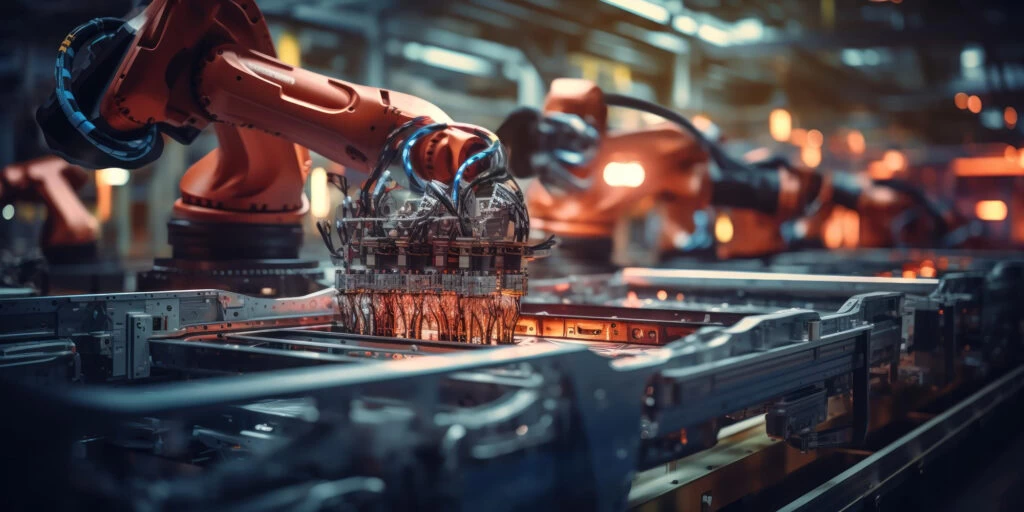
What to Expect:
- Collaborative Robots (Cobots): We’ll see a rise in cobots specifically designed to collaborate with humans, creating a safe and productive work environment.
- Cognitive Automation: AI will integrate with various manufacturing systems, automating tasks that were previously considered too complex for computers.
- Predictive Analytics: AI will enable manufacturers to predict equipment failures and maintenance needs before they occur, minimizing downtime and optimizing resource utilization.
- Hyper-Customization: Manufacturers will be able to leverage AI and robotics to offer a higher degree of product customization while maintaining efficient production.
Conclusion
The integration of AI and robotics is revolutionizing automation in manufacturing, driving significant improvements in efficiency, quality, and flexibility. While challenges exist, the benefits far outweigh the initial hurdles. By embracing these advancements and focusing on workforce reskilling, manufacturers can unlock the full potential of intelligent automation and secure a competitive edge in the global market.
Ready to Embrace the Future?
MM Polytechnic equips students with the skills and knowledge needed to thrive in this evolving landscape. Our curriculum incorporates automation principles, robotics fundamentals, and exposure to AI technologies, preparing our graduates to join the forefront of intelligent manufacturing.
Explore our Diploma programs in Mechanical Engineering, Automobile Engineering, and Mechatronics to take the first step towards a future-proof career in manufacturing!

